BMW’s pioneering X5 has been a huge supercar-rivaling success, becoming steadily more powerful and feature-heavy over the years…but with less sprightly handling. Is it worth its almost supercar-level price tag?
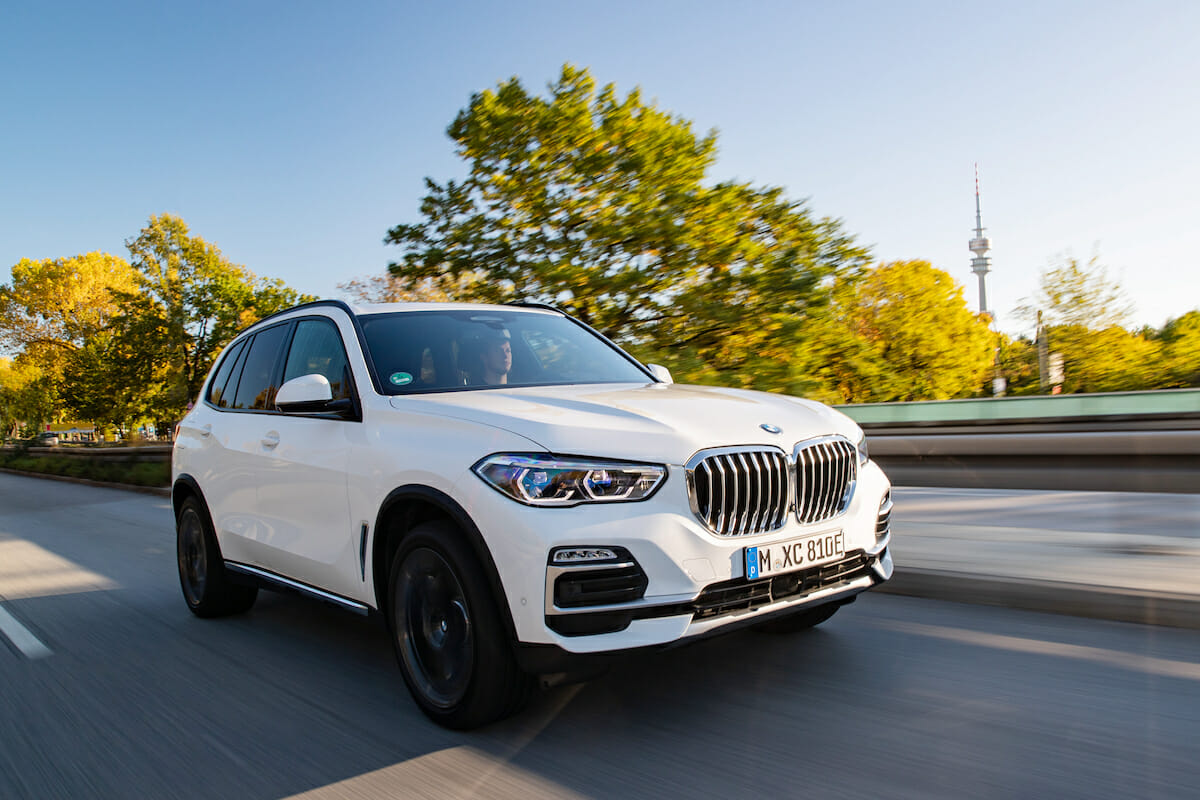
Key Points
- BMW X5 boasts a six-second zero-to-60 time, with the X5 M hitting 60 mph in a supercar-rivaling 3.7 seconds.
- Fully-optioned BMW X5 prices are breaking into Corvette territory, with the 2021 model starting at $105,000.
- Hybrid variant of BMW X5 was introduced in 2016, and while diesels get good mileage, fuel economy is poor on older gasoline X5s.
- 2010-2012 are particularly bad years for the X5, with a high count of recalls, while 2016-2018 models had the fewest recalls.
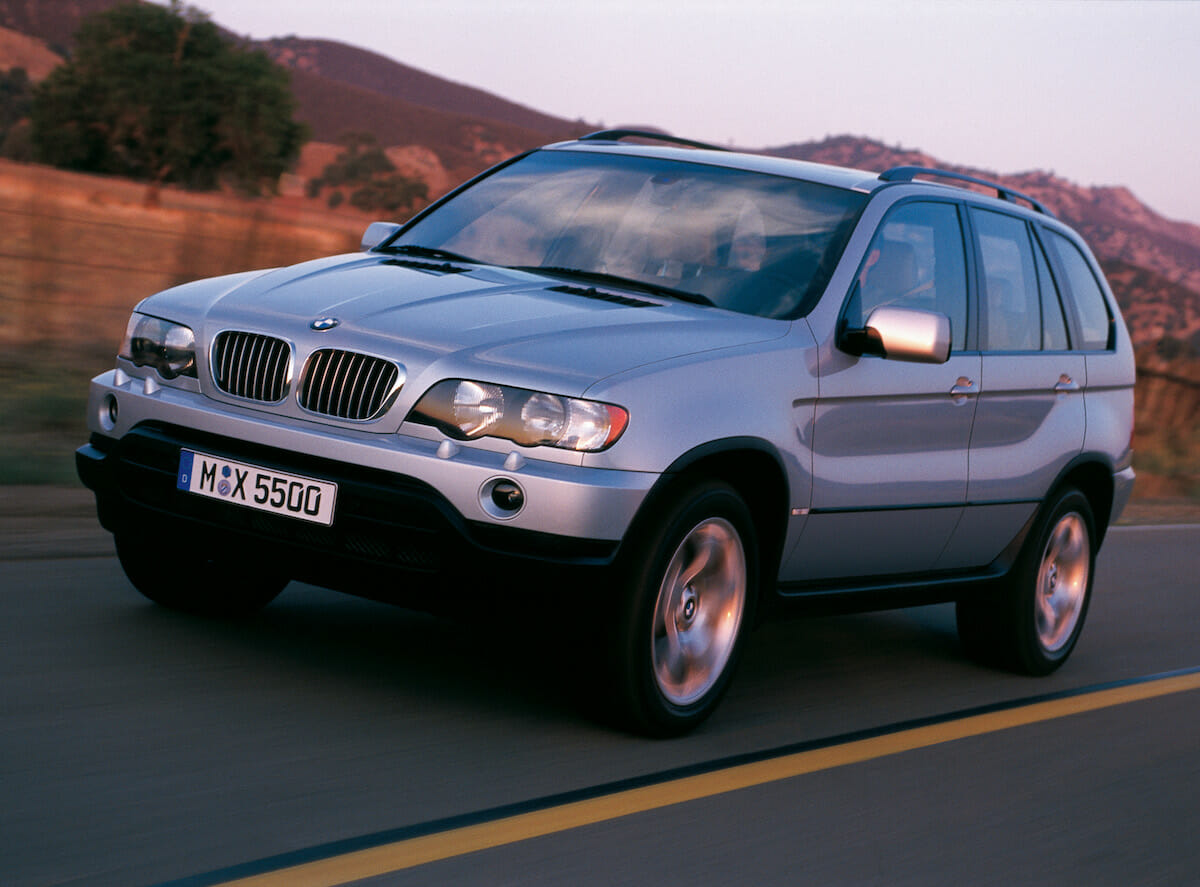
Since its 2000 debut, the X5 has increased power to 600 HP as its sticker price approaches Corvette territory.
BMW was perhaps the first company to fully market a sport utility vehicle to urbanites who would otherwise have no interest in off-roading. By all accounts, it worked. In a sense, with the X5, BMW predicted the phenomenal success of the sport SUV, a niche so popular and lucrative that even the likes of Bentley and Lamborghini have sought to cash in on it. The X5 has so far begotten four generations: the E53 (2000-2006), E70 (2006-2014), F15 (2014-2019), and the current G05 from 2019.
The BMW X5’s road performance is impressive, with reviewers raving about the handling and the six-second zero-to-60 time. The fastest current variant, the X5 M (introduced in 2009) has 600 horsepower–enough to rocket the owner to 60 mph in a supercar-rivaling 3.7 seconds. Also, its luxury has become steadily more comfortable and feature-heavy over the years, though this has been accompanied by less sprightly handling.
BMW X5s can get very expensive, with fully-optioned models breaking into Corvette territory. The MSRP for a 2021 model runs starts at $105,100.
A hybrid variant of the BMW X5 was introduced in 2016, and the diesels get good mileage, but fuel economy is poor on the older gasoline X5s. The Environmental Protection Agency data shows that 2014 marked the first time a petrol X5 managed better than 19 miles per gallon.
There is a wide array of models available, but generally, you have four engine options:
- 2.0L straight-four diesel
- 3.0L straight-six gasoline
- 3.0L straight-six diesel
- 4.4L V8 gasoline
The first hybrid model used a 2.0L straight-four gas engine alongside its electric motors, but this was replaced with the gasoline straight-six in 2021.
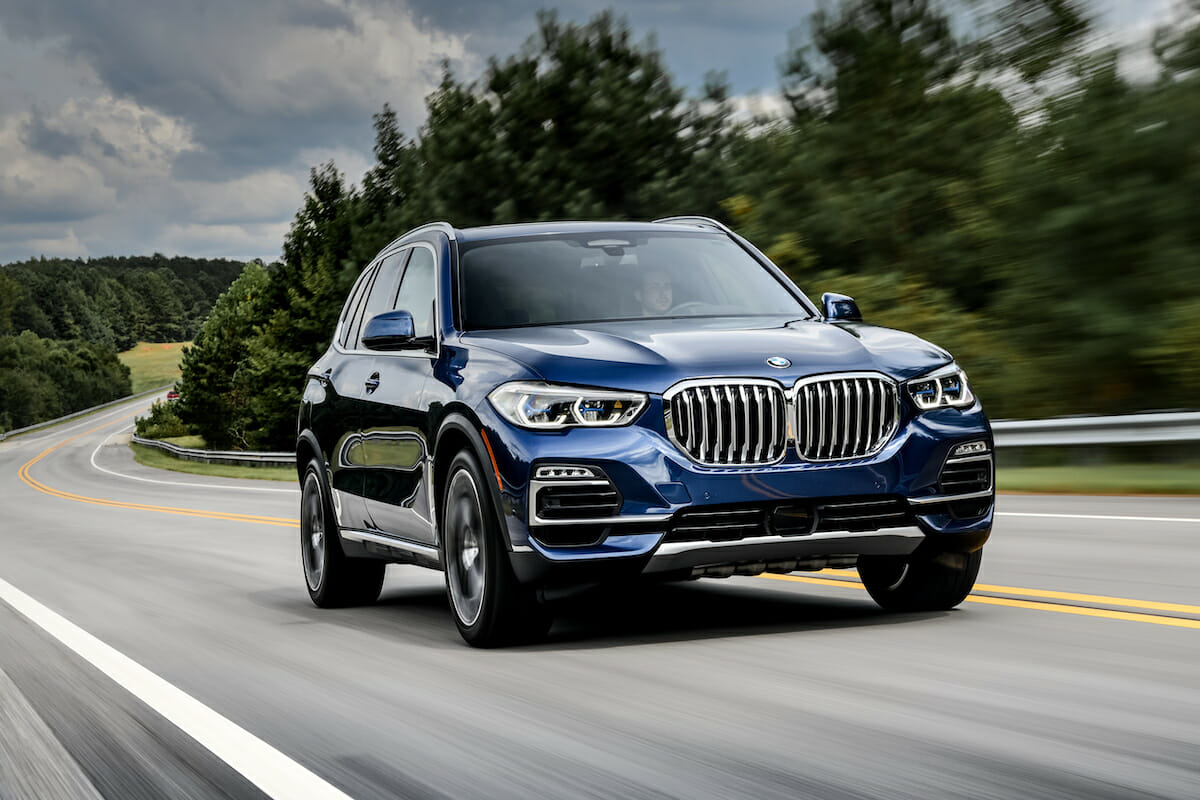
2016 and newer X5s make up for earlier model woes with fewer recalls and improved performance.
When it comes to narrowing down the most impressive X5 edition, perhaps expectedly, the current generation offers the best BMW X5. Consumer Reports judged the fourth/current generation to be the peak in X5 quality, noting that the controls are finally comprehensible and the infotainment system works seamlessly. The current X5s are the most luxurious and powerful, too, and boast superb crash safety ratings.
The non-petrol versions have also been significantly improved. Edmunds confirmed in 2015 that the six-cylinder diesel, while not quite as fast as the petrol variants, returns an excellent combined fuel economy of 27 mpg. And, it can still shove the driver to 60 mph in under seven seconds.
The only notable flaw of the current generation, as indicated on the Insurance Institute for Highway Safety’s glowing report, are that the non-Icon Adaptive headlights provide poor illumination. So, you may prefer selecting the adaptive lights.
Of all BMW X5 variants, the third generation’s 2016-2018 models have had the fewest recalls, and what recalls were issued affected far fewer vehicles than in previous years.
However, there is also a noticeable jump in the average price of a third-generation BMW X5 compared to the second-generation–with a good third-generation going for as much as three to five times the price of a second-generation model.
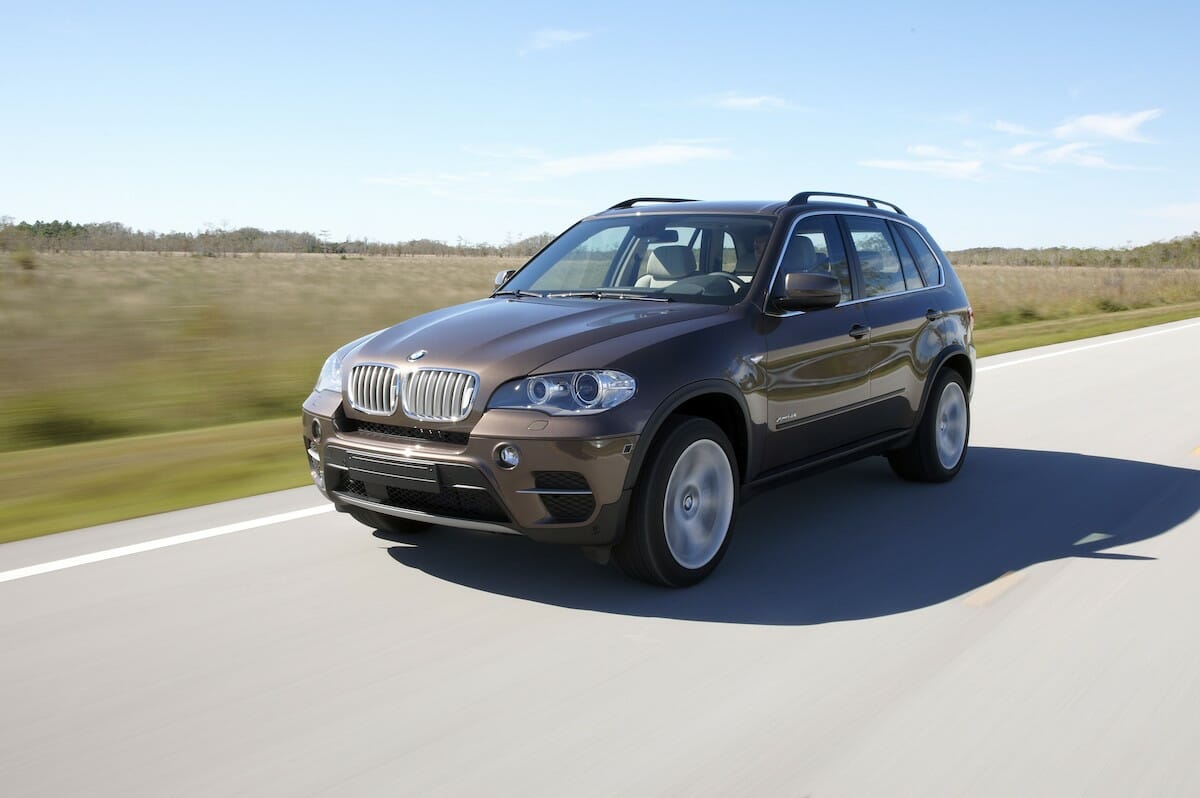
Recall of over 30,000 2007-2010 X5 models, and numerous 2010-2012 recalls mar luxury car’s reputation for reliability.
The second generation maintained the BMW X5 performance (and stiff suspension, Consumer Reports adds), but not without a few mechanical problems. U.S. News and World Report indicates that the years 2010 through 2012 are particularly bad, with every year seeing at least 10 National Highway Safety Traffic Administration (NHTSA) recalls.
Multiple recalls for BMW X5s from 2007-2013 warned that in the event of a crash the airbag inflator itself could explode, producing sharp metal fragments striking the driver or other occupants with fatal results.
In 2010 and 2011, X5s were recalled for fuel pump issues, a particularly serious problem that can lead to a fire hazard. Faulty wiring on the PCV valve and the circuit board for the auxiliary water pump plagued vehicles from this year with additional fire risks.
The 2011-2013 models could also potentially have their AWD fail due to debris being caught in the driveshaft’s front universal joint.
In 2013, 30,265 BMW X5 vehicles from model years 2007 to 2010 were recalled to correct a brake vacuum pump leak that may reduce the effectiveness of the brakes.
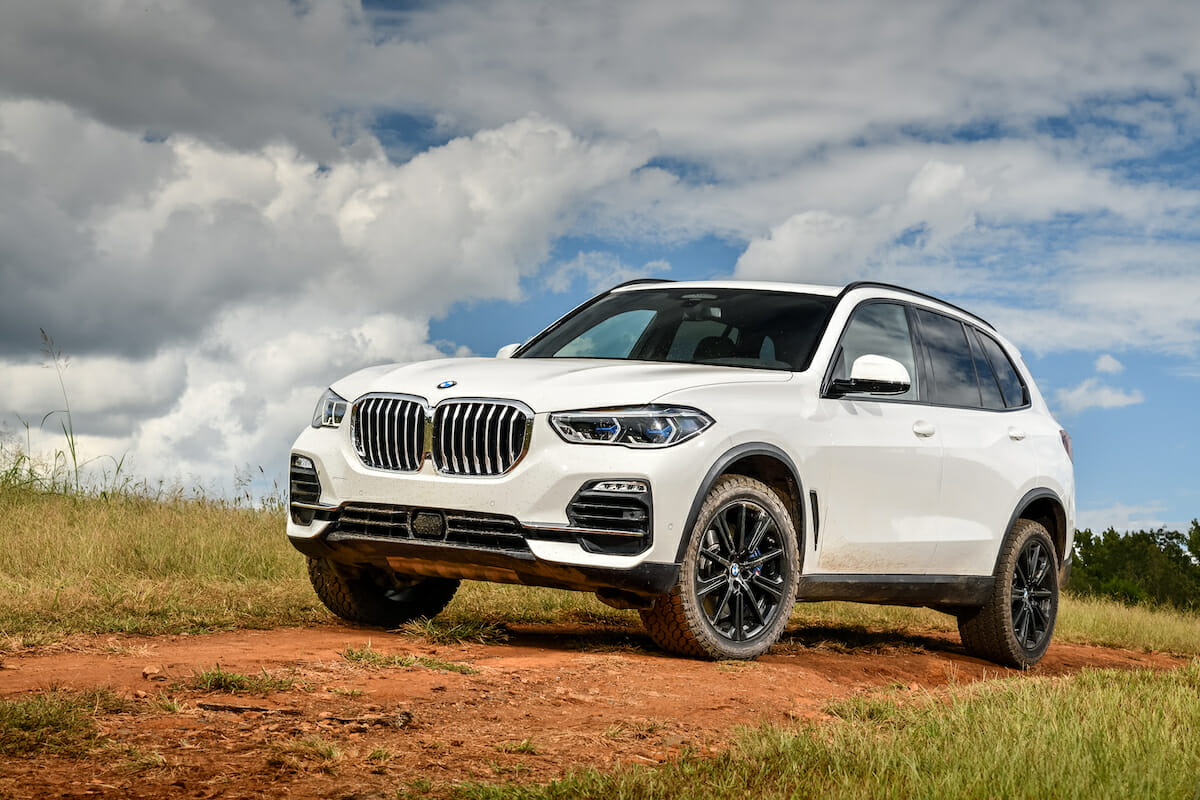
So, Which BMW X5 Model Years are the Best Options on the New and Used Market?
A good BMW X5 will do what it was designed for and do it extremely well. If you pick up a third-generation X5 (especially a 2016-2018 model) in optimal condition and get a BMW extended warranty, you should get solid value for the money.
Some first-generation E53s are good buys but may require some help from a competent mechanic, and they’re certainly better than the second generation because parts are cheaper. The first-generation straight-six is also significantly less complex than newer motors.
But, beware of the first two model years, especially 2000. The NHTSA reports multiple recalls for faults with the brakes. Also, second-generation X5s are more expensive and complex than the first generation and riddled with mechanical problems that are far less prevalent from 2016 onward.
Only take on a first-generation model if you’re confident in your DIY skills, and even then, try to get a 2004 or 2005 model and avoid the V8s.
Buying a newer-model X5 will be noticeably more expensive at first, but this will get you a much better, safer, and more fuel-efficient vehicle while saving on repairs in the long run.
Photos: BMW
